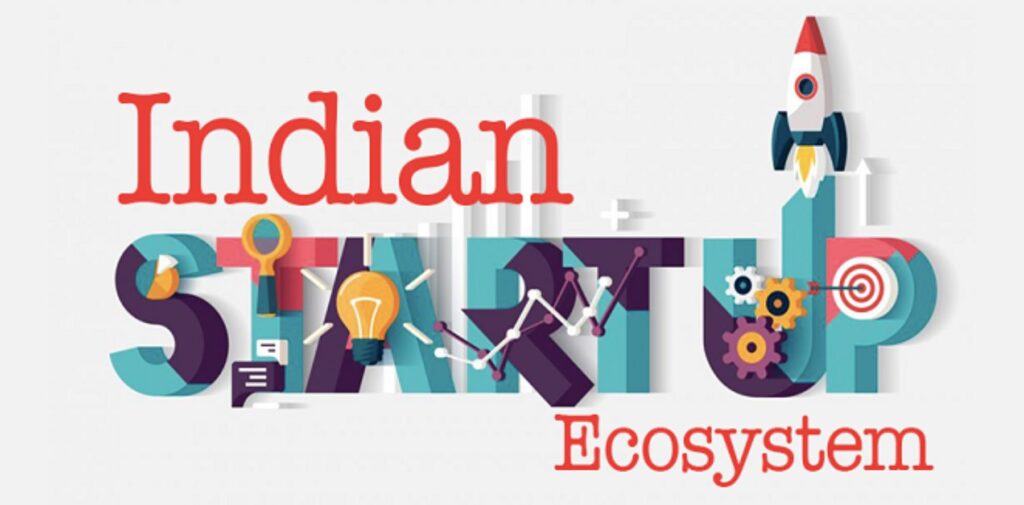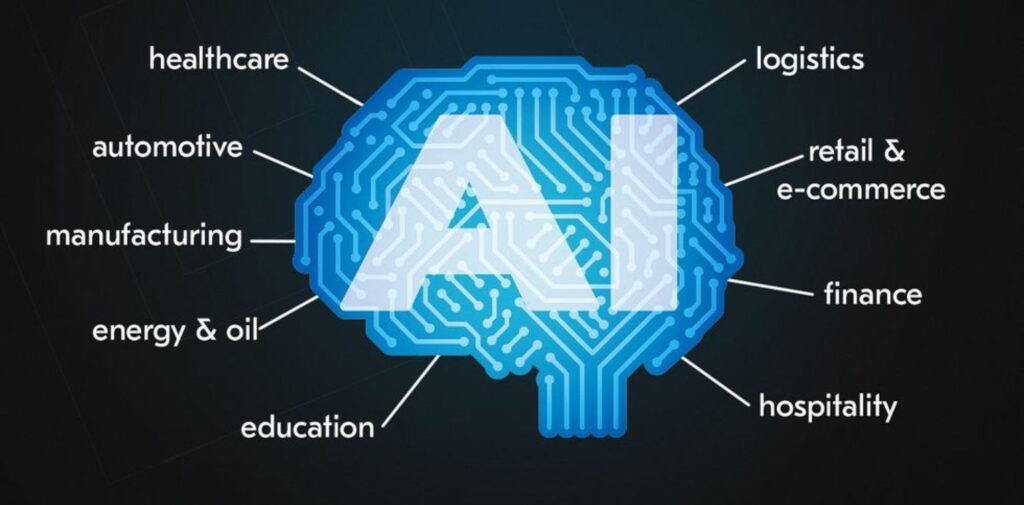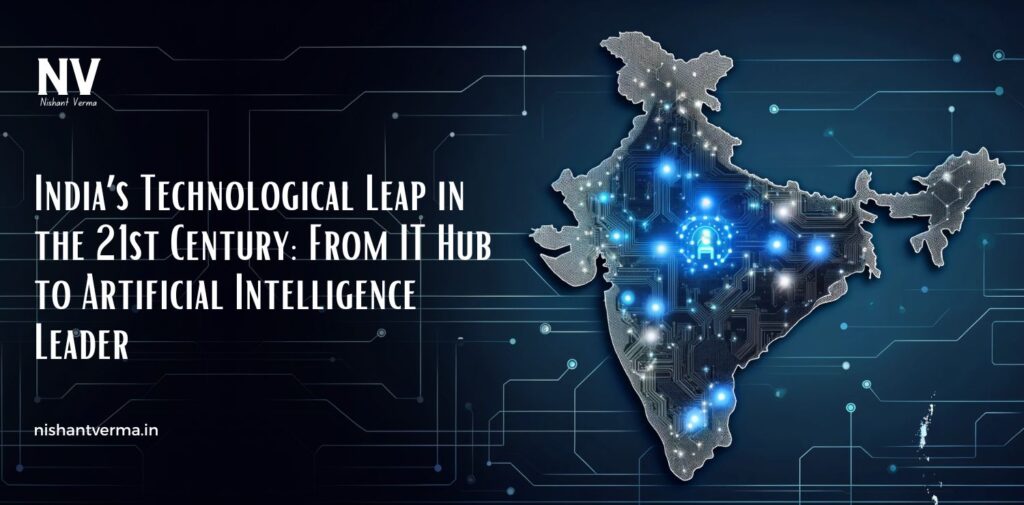In the 21st century, India has undergone a remarkable transformation in the field of technology. From being known primarily as an IT outsourcing hub, India has evolved into a global leader in the development and application of cutting-edge technologies, especially Artificial Intelligence (AI). This article explores the journey of India’s technological advancement and its rise as a powerhouse in the field of AI.
1. India’s IT Boom: The Beginning of Technological Growth
The journey of India technological leap began in the 1990s when the country embraced the potential of Information Technology (IT). During this period, multinational companies began outsourcing their software development and customer service operations to India. The country had a pool of highly skilled engineers and software developers who were ready to cater to global demand.
In cities like Bangalore, Hyderabad, Pune, and Chennai, the IT industry grew rapidly. Companies such as Infosys, Wipro, and TCS (Tata Consultancy Services) became household names, and India’s IT sector generated thousands of jobs, boosting the country’s economy. This period marked the beginning of India’s entry into the global technological landscape.

The Rise of India’s Start-Up Ecosystem
As India’s IT industry flourished, the country began to see a surge in homegrown start-ups. Indian entrepreneurs were inspired by the success of Silicon Valley in the United States and started launching their own tech-driven companies. These start-ups were focused on various sectors such as e-commerce, fintech, health tech, and ed-tech, offering solutions to everyday problems through innovative technologies.
Some of the most successful examples of this include companies like Flipkart, Zomato, Paytm, and Ola. These tech-based companies not only became unicorns (companies valued at over a billion dollars) but also attracted significant foreign investment. The growth of these start-ups further cemented India’s position as a global technology leader, paving the way for its future endeavors in artificial intelligence.
Government Initiatives to Boost Technology and AI
The Indian government has been instrumental in the country’s technological growth. Over the years, various policies and initiatives have been introduced to promote technology and innovation. One of the major steps was the launch of Digital India in 2015, aimed at transforming India into a digitally empowered society and knowledge economy.
The government also introduced the National Strategy for Artificial Intelligence (AI) in 2018, with the aim of positioning India as a global leader in AI by 2030. The strategy outlined key areas such as healthcare, education, agriculture, and infrastructure, where AI could be applied to bring about positive changes. Through these initiatives, the Indian government has focused on making India a hub for research, development, and application of AI technologies.
India’s Strengths in Artificial Intelligence
India’s rise as an AI leader can be attributed to several factors. Firstly, the country boasts a large pool of skilled talent in fields like computer science, data science, and machine learning. Indian universities and research institutions are producing some of the brightest minds in the world, many of whom are leading AI research in top global organizations.
Secondly, India’s thriving start-up ecosystem is playing a crucial role in AI innovation. Many start-ups in India are applying AI in unique and impactful ways, solving problems in industries like healthcare, agriculture, and education. For example, AI-powered applications in healthcare are helping doctors diagnose diseases more accurately, while AI-driven platforms are improving crop yield predictions for farmers.
Another advantage is the availability of large datasets in India, which is essential for training AI algorithms. With a population of over 1.4 billion people, India has an enormous amount of data, which is being leveraged to create more accurate and efficient AI models. The country is also home to several tech giants like Google, Microsoft, and IBM, who have set up AI research labs in India, further boosting the country’s AI capabilities.

Applications of AI in Various Sectors
India is already seeing significant applications of AI across various sectors, and its impact is expected to grow in the coming years.
- Healthcare: AI is revolutionizing healthcare in India by enabling better diagnostic tools, personalized treatment plans, and improving the overall efficiency of healthcare services. For example, AI-powered systems are helping doctors detect early signs of diseases like cancer, diabetes, and heart conditions. Moreover, AI is assisting in drug discovery, making it easier and faster to develop life-saving medications.
- Agriculture: India’s agricultural sector is one of the largest in the world, and AI is playing a critical role in increasing productivity and ensuring food security. AI applications in agriculture include predicting weather patterns, managing irrigation systems, and detecting diseases in crops. AI-driven solutions are also helping farmers optimize their resources and reduce waste, improving both their incomes and the sustainability of agriculture.
- Education: AI is transforming the education sector in India by making learning more personalized and accessible. AI-powered platforms are offering tailored learning experiences for students, helping them learn at their own pace. Additionally, AI is being used to automate administrative tasks, allowing educators to focus more on teaching and student engagement.
- Smart Cities: India is also investing heavily in smart city projects where AI is used for urban planning and management. AI helps in traffic management, waste management, and energy distribution, making cities more efficient and livable. AI-powered systems are also being used to monitor and improve public safety, traffic flow, and emergency response times.

Challenges and the Road Ahead
Despite the tremendous progress, India faces several challenges in realizing its full potential as an AI leader. One of the main issues is the need for adequate infrastructure, particularly in rural areas, to support the deployment of AI technologies. The digital divide between urban and rural India also poses a significant challenge, with many people still lacking access to the internet and basic digital tools.
Moreover, there is a need for upskilling the workforce to ensure that India remains competitive in the AI field. As AI continues to evolve, it is essential to equip the next generation with the necessary skills to work with these technologies.
Nevertheless, with the government’s continued support and the growing collaboration between the public and private sectors, India’s future as an AI leader looks promising. If the right policies, infrastructure, and education systems are put in place, India could soon become a global hub for artificial intelligence, shaping the future of technology for the entire world.
Conclusion: India Technological Leap
India’s technological journey, from being an IT outsourcing hub to becoming a global leader in Artificial Intelligence, is a testament to the country’s resilience, innovation, and forward-thinking mindset. With a large talent pool, a thriving start-up ecosystem, and government support, India is well on its way to harnessing the power of AI to solve some of the world’s most pressing challenges. As the country continues to make strides in AI, the future looks brighter than ever, not just for India, but for the world at large.




